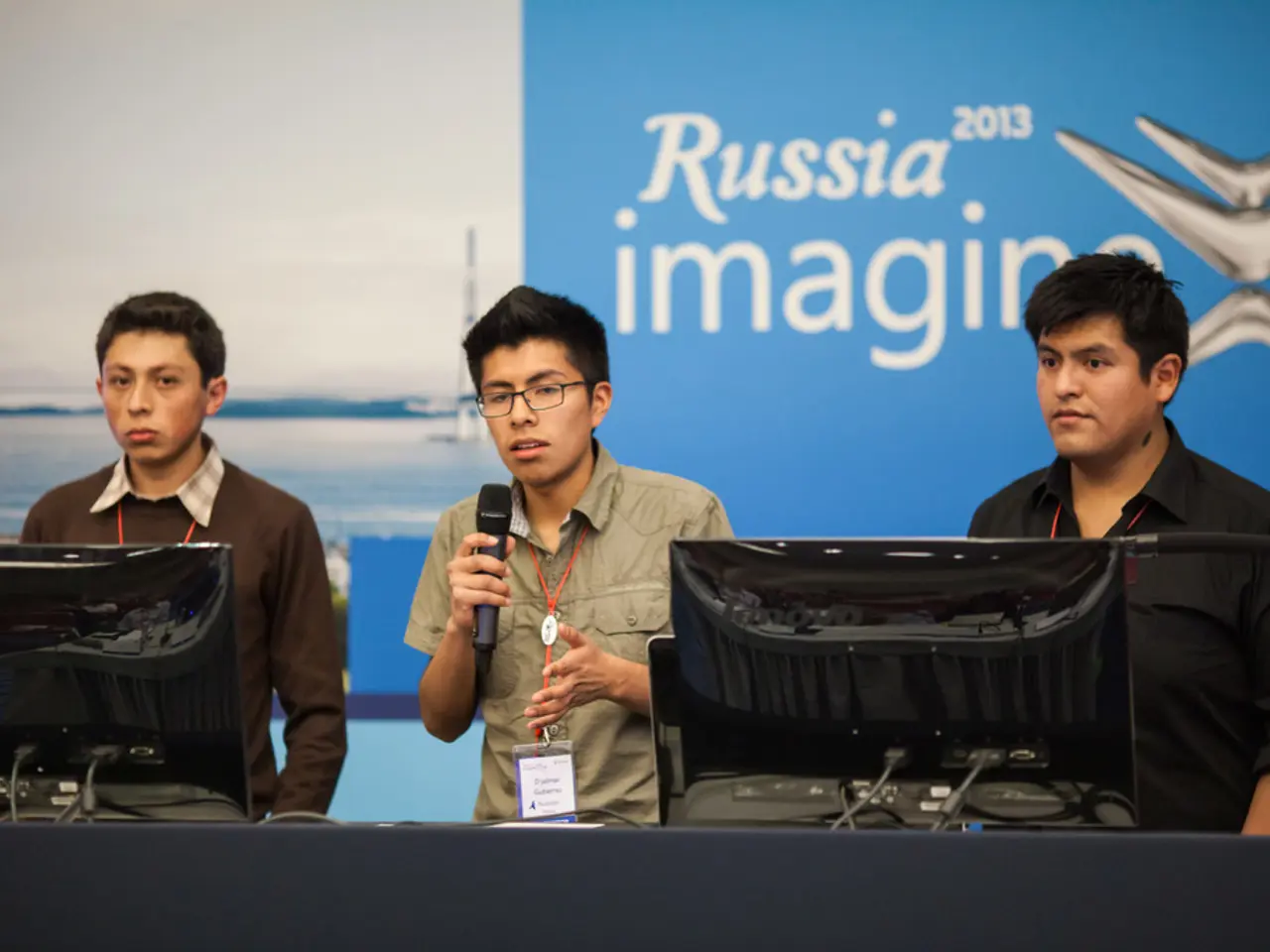Russia-Ukraine talks scheduled for Austria, with Austria offering to mediate the discussions between Putin and Zelensky
In the world of international diplomacy, the participation of individuals with International Criminal Court (ICC) arrest warrants in peace negotiations is a complex issue, with rules and procedures varying across jurisdictions. While there is no universal exemption for such individuals, the enforcement of ICC warrants can be influenced by negotiations, consultations with the ICC, and political decisions by host states.
Recent cases provide insight into this intricate dance. Vienna, for instance, has expressed readiness to host peace talks involving persons subject to ICC arrest warrants, but only after consultations with the ICC to navigate the enforcement of warrants. This suggests that Vienna might be exploring mechanisms for participation through ICC dialogue, implying possible special guarantees or immunities negotiated in advance.
In a different scenario, Budapest hosted Israeli Prime Minister Benjamin Netanyahu despite an ICC arrest warrant in 2025. Hungary's Prime Minister Viktor Orbán publicly declared that the ICC warrant would have no effect in Hungary. However, Hungary announced intentions to withdraw from the ICC, although formal withdrawal only takes effect a year later, and the obligation to arrest individuals like Netanyahu technically remains during this period. This situation has created significant tension, with legal activism pressuring Hungary to arrest him.
The general principle applies to Bern as well. Switzerland, being a state party to the Rome Statute, would be obliged to execute ICC arrest warrants. Any participation of ICC-indicted individuals in peace talks there would require legal or diplomatic arrangements to reconcile peace diplomacy with ICC enforcement obligations.
These cases highlight the tensions between the enforcement of ICC arrest warrants and the practicalities of international peace negotiations. States parties are under a legal obligation to execute ICC warrants, as per Article 86 of the Rome Statute, but there is no automatic waiver allowing participation in peace talks. The precise procedures depend on negotiation, ICC consultations, and sometimes political decisions by host states. The ICC and many states consider arrest obligations binding, while some states (notably Hungary in this context) have attempted withdrawals or declared non-enforcement, demonstrating the controversial nature of these cases.
Political tensions surrounding ICC sanctions and counter-sanctions related to these warrants further complicate enforcement and negotiation dynamics. For example, the United States has imposed sanctions on ICC officials connected to the Netanyahu warrant, reflecting broader geopolitical opposition to ICC actions in these disputes.
In summary, the rules emphasise State Parties' legal duty to arrest ICC-indicted individuals but allow political and diplomatic processes to influence practical participation in peace negotiations. The upcoming peace negotiations, if they indeed take place in Vienna, will involve contact with the International Criminal Court, according to the Austrian Chancellor's office. Switzerland, on the other hand, has offered immunity for Putin if peace talks take place in Bern. Local media in Hungary have reported today that peace negotiations could take place in Budapest. The ICC's participation of President Putin in any peace negotiations would need to be clarified in advance, according to the Austrian statement.
Read also:
- Weekly happenings in the German Federal Parliament (Bundestag)
- Southwest region's most popular posts, accompanied by an inquiry:
- Discussion between Putin and Trump in Alaska could potentially overshadow Ukraine's concerns
- Massive 8.8 earthquake hits off the coast of Russia's Kamchatka Peninsula, prompting Japan to issue a tsunami alert.








